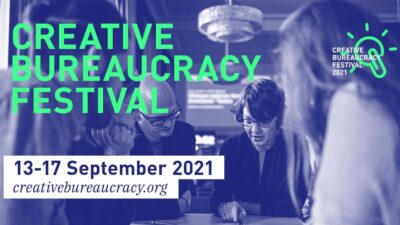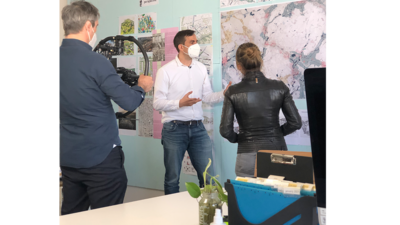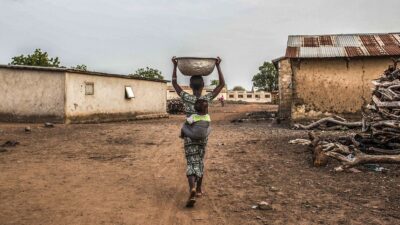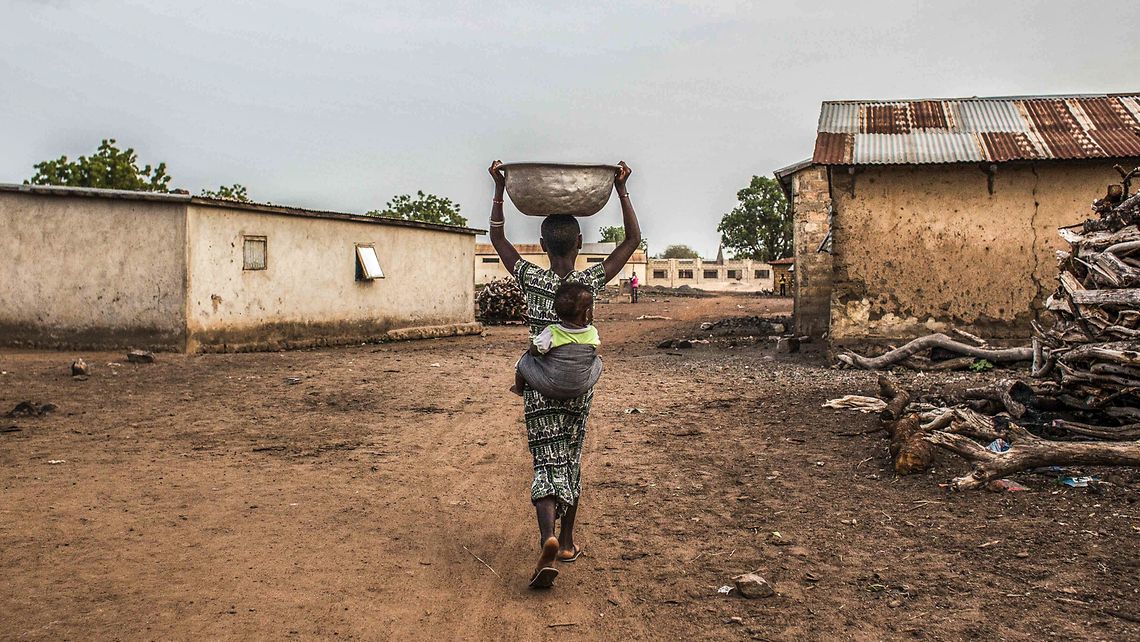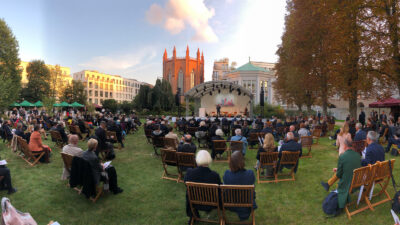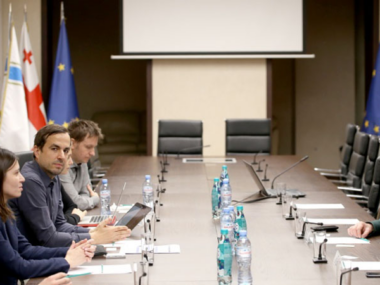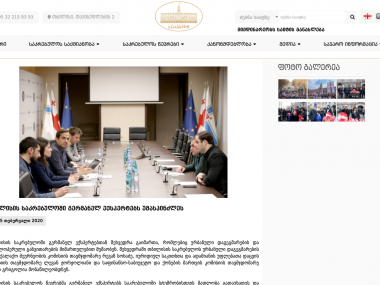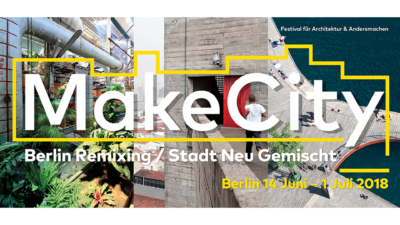Thomas Stellmach hält einen Workshop zum Thema Smart City Governance for Future
Kann Bürokratie kreativ und innovativ sein? Überholte Strukturen lassen oft keinen Raum für Veränderungen. Das Creative Bureaucracy Festival schafft einen Raum, um aktuelle Kämpfe zu diskutieren und neue Wege aufzuzeigen.
„Das Creative Bureaucracy Festival würdigt herausragende Innovationen im öffentlichen Sektor und deren Beitrag zu einer besseren, nachhaltigeren und gerechteren Welt. Es bringt Bürokraten und ihre Verbündeten zusammen – diejenigen, die auf allen Regierungsebenen für das Gemeinwohl kämpfen und etwas bewirken.“
TSPA-Gründer Thomas Stellmach, der als Beiratsmitglied aktiv an der Entwicklung der Smart City Strategie für Berlin beteiligt ist, wird heute um 16:00 Uhr einen Workshop zum Thema Smart City Governance for Future halten.


 English
English Русский
Русский